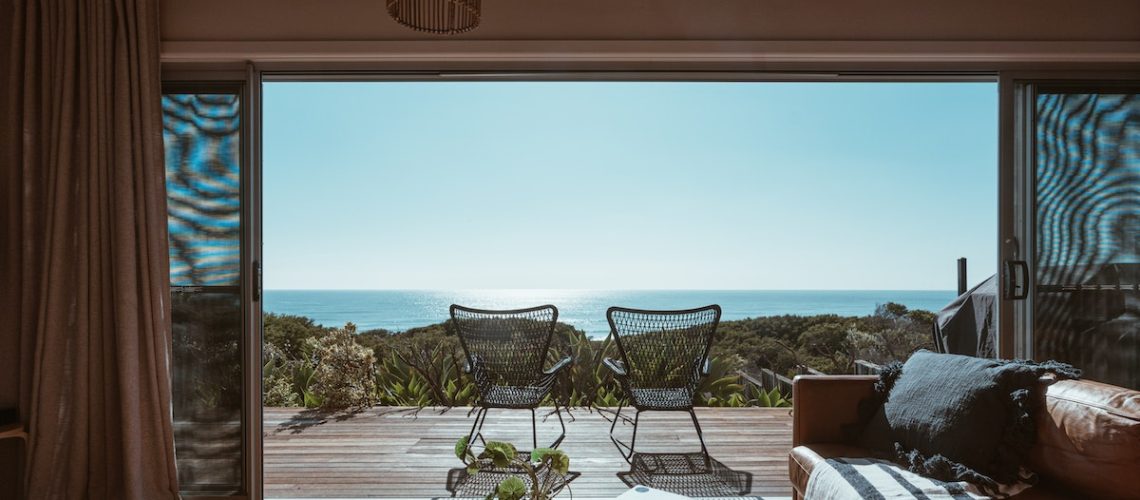- Understand the local market when buying a vacation property to get an idea of potential returns on investment.
- Have an exit plan if you need or want to sell the property.
- Account for maintenance costs associated with owning a vacation home.
- Consider other rental options, such as long-term leases or short-term rentals, to maximize returns.
- Doing thorough research before investing will help make informed decisions about purchasing a vacation home.
Vacation property investing can be a great way to diversify your investments, but doing your research and planning is essential. Many common mistakes people make when investing in vacation properties can lead to costly losses or missed opportunities. This blog post will discuss some of investors’ most frequent errors regarding vacation properties.
Not Understanding the Local Market
Buying a vacation property involves more than finding a good deal on an excellent property. You need to understand the local market where you’re buying and how it will affect your investment over time. Researching local prices, amenities, tourism numbers, and other factors can help you understand what kind of return on investment you should expect from your purchase.
If a particular area is known for being expensive or having high seasonal fluctuations in tourism numbers, you may want to look elsewhere for greater potential returns.
Not Having an Exit Plan
In most cases, investing in a vacation property is a long-term investment. But it’s essential to have an exit plan in place in case you need or wants to sell the property. Developing a strategy and knowing your options can help you make informed decisions if and when it comes time to exit the market.
However, timeshare ownership can be a more complex situation. If you’re stuck in a timeshare contract, timeshare cancellation services can help you legally terminate your timeshare contract and get out of the timeshare without further financial obligations.
Not Accounting for Maintenance Costs

Maintenance costs are often overlooked by new investors who don’t understand the potential upkeep required for a vacation home. Depending on the type of property you buy, high costs could be associated with maintaining it throughout the year—including landscaping, cleaning fees, utility bills, repairs, renovations, etc. Make sure you know what kind of costs you’ll have to pay before committing to an investment so that there aren’t any unexpected expenses down the line.
Not Considering Other Rental Options
When making money from your vacation home investment, renting out the property is one of the most popular options. But this isn’t always the best option depending on where you buy and how often people visit that area during different times of the year.
Before committing to renting out your property as frequently as possible or signing up with rental companies like Airbnb or HomeAway, consider other rental options, such as long-term leases with corporate clients or short-term rentals with local families who stay for extended periods throughout the year. Diversifying your rental income sources can help maximize returns from your investment over time.
What are the Possible Consequences?
Sadly not understanding the local market, not having an exit plan, not accounting for maintenance costs, and not considering other rental options can all have detrimental consequences when it comes to vacation property investing. Here are four of the expected consequences you might encounter:
Lower Returns

Not understanding the local market can lead to lower returns on your investment due to buying a property in an area where prices are too high, or demand is low. This can cause your investment to suffer, and you may not see a return on your investment as quickly as you had hoped.
Unforeseen Costs
Not accounting for maintenance costs could lead to unexpected expenses that take away returns when investing in a vacation property. It’s essential to understand what kind of upkeep is required for the property you’re purchasing to ensure you’re not stuck with unexpected costs.
Loss of Flexibility
Without an exit plan, you may find yourself stuck in an investment that you can’t quickly sell or get out of – and this could cost you financially if circumstances change. Knowing your options and having a plan can ensure you’re not stuck with a bad investment.
Missed Opportunities
Not considering other rental options could mean missing out on additional revenue streams and more potential returns from your investment. Exploring all possible options when renting out your vacation property is essential to maximize returns.
Final Thoughts
Investing in vacation properties is an exciting opportunity that can help diversify your portfolio and provide potentially lucrative returns over time—but only if done correctly! To avoid costly mistakes when buying a vacation home, make sure you understand all aspects of the local market where you are buying and plan for maintenance costs and different rental options available in that area. Doing thorough research before investing will ensure that decisions about purchasing a vacation home will be based on facts rather than wishful thinking!





